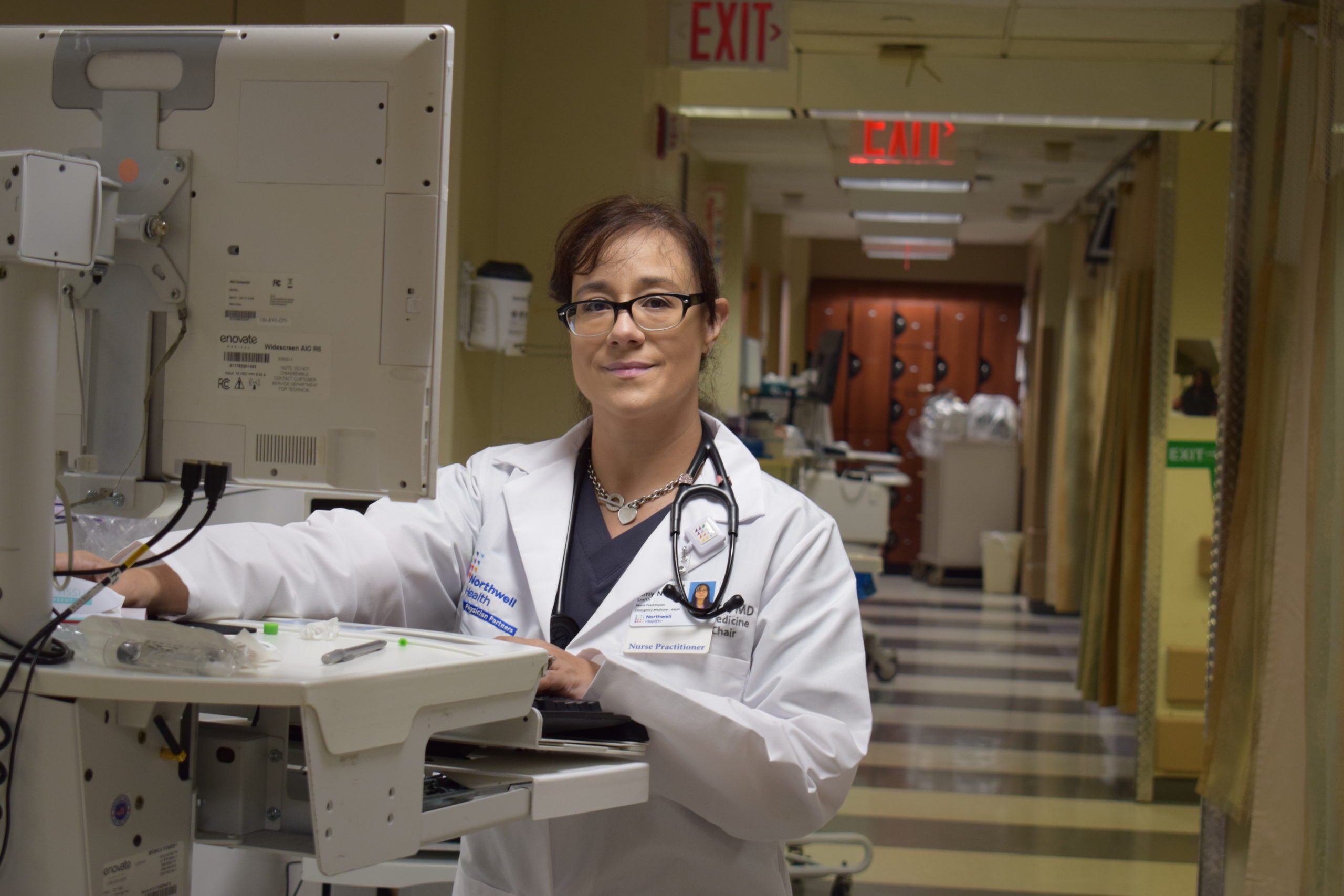Hofstra University is developing a program to train nurses to be certified sexual assault nurse examiners with the goal of increasing the number of examiners on Long Island and in New York City.
The program was made possible by a $754,000 federal grant awarded to Hofstra Northwell School of Graduate Nursing and Physician Assistant Studies.
Amy Smith, a nurse practitioner at Long Island Jewish Forest Hills who has been a sexual assault nurse examiner for 10 years will be the project coordinator.
Many organizations have had difficulty finding the funding for training examiners, which can cost about $1,000 per nurse, Smith said.
The result is a lack of nurses available for victims of sexual assault, she said.
“The assumption is a hospital should be able to take care of [victims of sexual assault] and not all do,” Smith said.
Interested nurses will be able to apply to Hofstra for admission to the nine-month certification program.
“We want it to be great,” Smith said. “We want people that are really interested, that are passionate about people and want to stand with the victims and believe survivors.”
The examiners support rape and sexual assault patients both medically and emotionally. They also provide patients with resources for moving forward, such as psychological support.
If the patient chooses, the sexual assault examiners can collect evidence for possible use in investigations by law enforcement. The examiners can serve as liaisons between sexual assault victims and the police.
New York City and Long Island emergency departments saw over 1,200 victims of sexual assault in the first six months of 2017, though not every hospital has a sexual assault examiner, according to Northwell.
Sexual assault nurse examiners tend to spend hours with patients, Smith said, which sharply contrasts with her work in the emergency department in Forest Hills.
Smith is often the first person a victim talks to after an assault, she said.
That first interaction can be critical for shaping how victims of sexual assault perceive their assault and whether they continue to seek support, according to a 2006 study published in the American Journal of Community Psychology.
If the conversation is negative and brings into question the validity of the assault or whether the victim is truly a victim, it can cause them to stay silent about their experience, the study found. That’s one reason it is so important for hospitals to have nurses trained to support victims, Smith said.
Smith said she also enjoys the different roles the job allows her to perform. She feels like a social worker in addition to a nurse practitioner while also sometimes getting to work with law enforcement, she said.
She said she hopes that other nurses will take this opportunity at Hofstra to diversify their skills and explore a new style of nursing.
“I knew that I wanted to [become a sexual assault nurse examiner] without even knowing what it was,” Smith said. “When I got into it, I just never looked back.”



